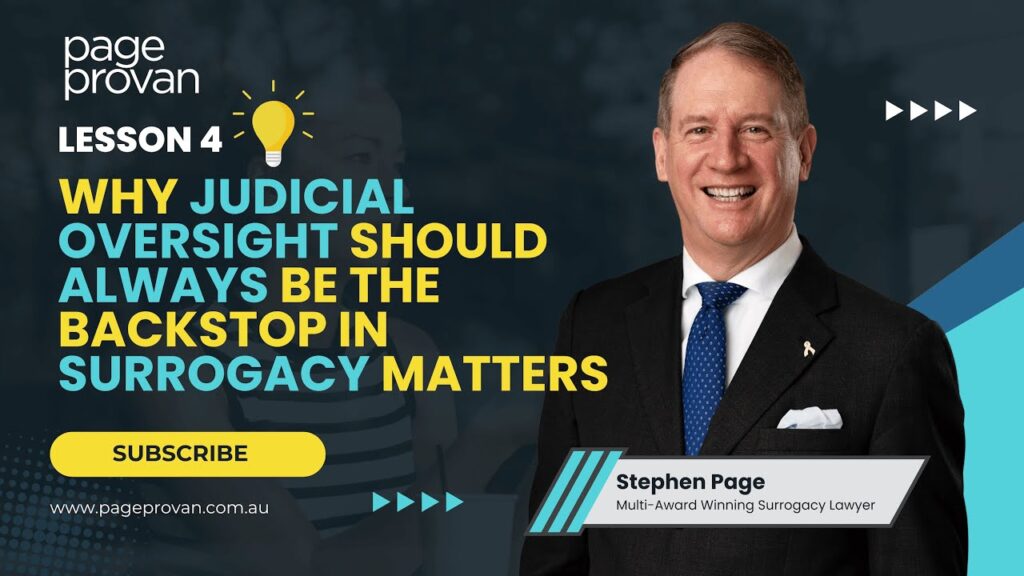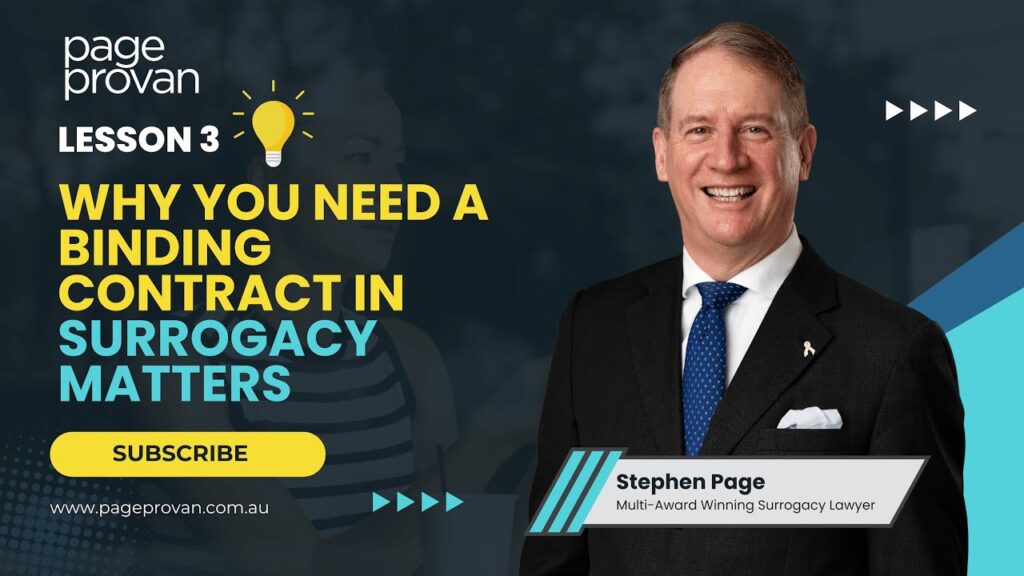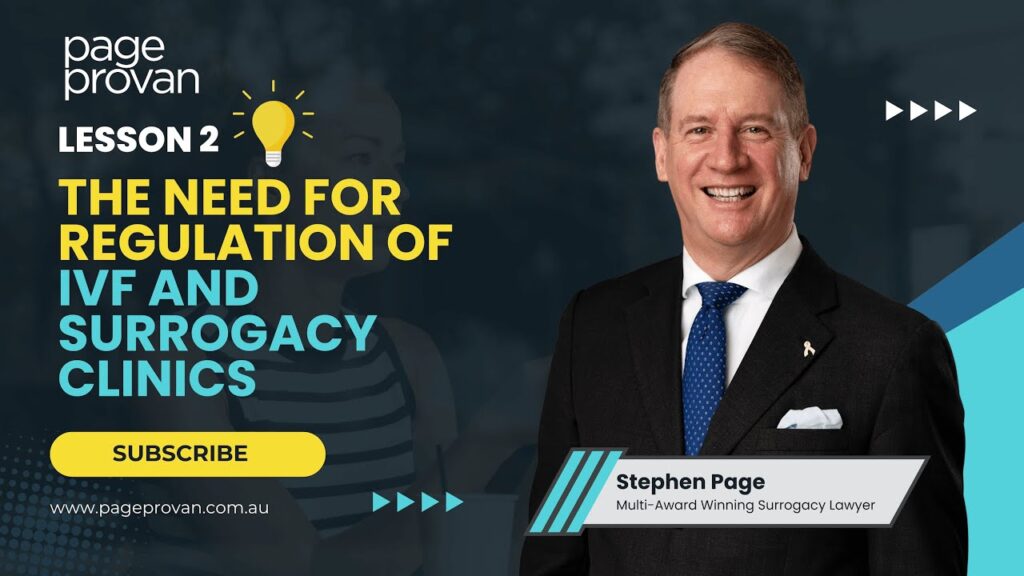Family Court: jail may not stop child support payments
In the recent Family Court case of Balzano and Balzano, going to jail for soliciting to murder the wife did not relieve the husband from an obligation to pay child support to the wife.
Justice Warnick, sitting as the Full Court said:
Should a payor of child support under a child support agreement be relieved of liability for arrears, which accrued while he was in prison, convicted of “soliciting to murder” the payee, mother of the children concerned?
The husband sought to set aside the child support agreement on the grounds of “exceptional circumstances” not contemplated at the time of the signing of the agreement, and “hardship”.
The wife, in opposing the application said:
Exceptional circumstances must surely amount to circumstances which had not been contemplated by either party when the Agreement was entered into. It was the Appellant’s own conduct that caused him to be incarcerated. Any person who commits a crime, does so in the knowledge that if they are caught and convicted, it is highly likely they will go to prison. The legislation would not have intended for criminal activity to be considered an exceptional circumstance. If the Appellant is found to have satisfied the criteria for exceptional circumstances on the basis of his incarceration, then surely this allows him to benefit from his own criminal behaviour and criminal behaviour of a most heinous type, that of Soliciting to Murder, directed at me, the other party to the Agreement. It is not in the public interest for criminal conduct, particularly in the context of Family law situations and Binding Agreement, to be seen to be rewarded.
Justice Warnick held:
Though at a particular time a payer might not have had capacity to meet a level of child support, that circumstance is far from conclusive as to whether arrears should be “expunged”.
All that the father carries is a debt owing. He does not, at this point, face any other interference with his financial affairs. I am unaware of any current enforcement proceedings…. I think two relevant questions in the overall exercise of discretion are these: What is the justice, not as a matter of public policy or condemnation, but as bearing on the justice of the alternatives available, of relieving the husband of his obligations under the agreement, when the very basis of his application arose from a criminal act of which the mother was the intended victim? How fair would it be to the mother, having carried alone the financial burden of raising the children for four years, if the father prospers, [as he well might – though I make no finding that he will] but has been relieved of any obligation to reimburse the mother?
In my view, justice between the parties can be adequately addressed if and when any enforcement proceedings are brought, when the capacity to pay at that time and the circumstances in which the debt occurred, can be weighed and balanced.
His Honour stated that “hardship” did not exist now for the husband as no enforcement action had been taken.












